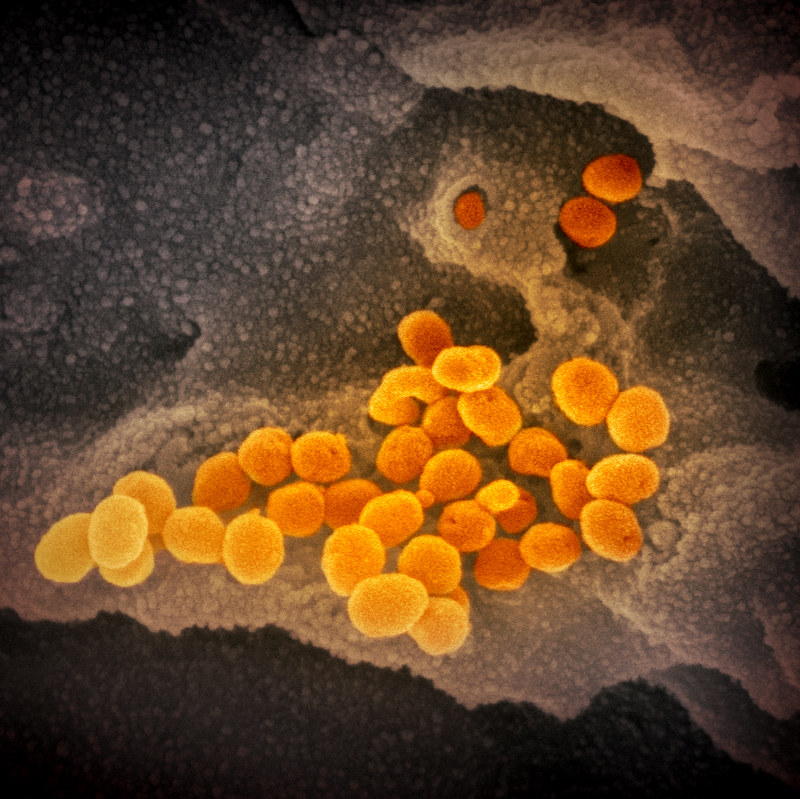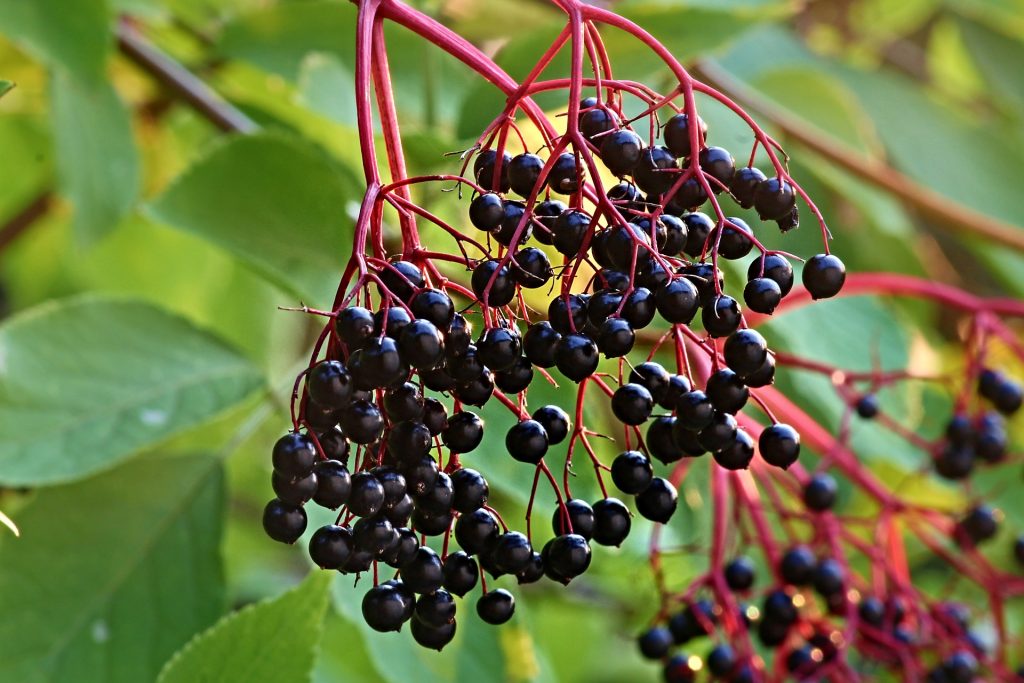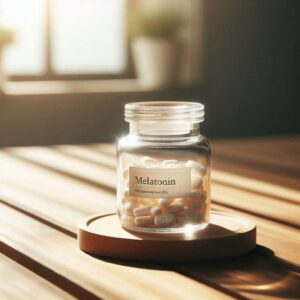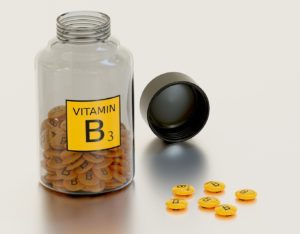Potential Integrative Treatments for Coronavirus Infections

With the recent identification of a new coronavirus Covid-19 in Wuhan, China, fears about a sustained global pandemic are increasing. Since the virus is so new, standard medical treatments are virtually trial and error as we work to see what can help decrease the severity of cases and increase survival.
The Covid-19 virus is in the same family as Severe Acute Respiratory Syndrome (SARS) and Middle East Respiratory Syndrome (MERS), two other coronavirus infections that had higher fatality rates. While you may never have heard of coronaviruses before, they are a common family of viruses that infect animals and humans. The second most common cause of colds is coronaviruses which are usually fairly mild (Makela 1998). However, in rare cases as with Covid-19, a coronavirus may jump from an animal reservoir to humans and cause serious disease or death.
Face Masks and Hand Washing
First, it’s important to mention face masks for prevention. There’s two main types of face masks:
- N95 masks which form a seal over the nose and mouth and filter 95% of dust and particles
- Surgical masks which are a simple covering over your nose and mouth without an airtight seal
Both types of masks are available to protect a person from exposure to airborne virus after someone coughs or sneezes. While the studies aren’t consistent, some studies suggest that both masks may offer similar levels of protection (Radonovich 2019). Although, a review of two studies appeared to indicate that N95 masks, may have a slight edge (Mcintyre 2017). I would probably lean towards an N95 mask, since it should filter the air more effectively.
In addition, it’s clear that handwashing can remove viruses and bacteria from your hands. Washing your hands when you get home and before meals is an important strategy to prevent infections (Montville 2002, Moncion 2019, Mbakaya 2017)
Are there any potential natural treatments?
Research on coronaviruses in animals and during the SARS and MERS outbreaks have started to suggest that some natural treatment approaches may help in preventing or treating coronavirus infections. However, none of these treatments have been directly tested on Covid-19, so we are extrapolating data from similar coronaviruses. At the very least, the majority of the natural approaches have a significant history of safe use. If any of the natural treatments are ineffective, it’s unlikely they would make the infection worse.
Potential Natural Treatments for Coronavirus Infections
- Carrageenan nose spray
- Houttuynia
- Elderberry
- Licorice
Carrageenan nose spray
Probably one of the simpler approaches with evidence from human trials on coronaviruses is for carrageenan-based nose sprays. Carrageenan is a compound derived from seaweed that is typically used as a thickener in food products (Prajapati 2014).
While there are concerns for the use of carrageenan in food (Martino 2017), as a nose spray, exposure to the gastrointestinal tract should be limited. In addition, safety studies of intranasal carrageenan showed no toxicity to repeated dosing of intranasal carrageenan in animal models (Hebar 2015). Intranasal carrageenan, especially for short-term use during an infection appears safe.
The two studies available with human trial data on carrageenan nose spray for viral infections showed highest efficacy against coronavirus. When used at the onset of a cold, carrageenan nose spray reduced the duration of illness by three days and decreased relapses by a factor of three (Koenighofer 2014).
While this is not a product recommendation, I could only find one company that makes a commercial carrageenan nose spray. The product is called Salinex Protect and appears to be produced and/or sold over the counter in Canada.
Houttuynia
During the SARS outbreak in China in 2003, since there was no definitive Western Medicine treatment, Chinese hospitals tried herbal medicine in an effort to reduce severity and increase survival. One of the initial studies used injectable houttuynia, a Chinese herb typically prescribed for pneumonia. While the trial only showed trends toward decreased mortality, early symptoms were significantly reduced (Li 2006).
In addition, animal studies show inhibition of the virus and stimulation of immune response with houttuynia (Lau 2008). Coronaviruses can have a devastating impact on poultry farms. Studies using houttuynia to protect from coronavirus in chickens showed a 50% reduction in mortality with houttuynia (Yin 2011). Mice studies also showed that houttuynia was non-toxic and had significant potential in treating coronavirus type infections (Chiow 2016).
Elderberry

The herb elderberry has a long history of use for treating respiratory infections and recent scientific research has started to confirm antiviral effects (Porter 2017). While research into using elderberry for coronavirus is limited, elderberry appears to inhibit some types of coronavirus (Weng 2019, Chen 2014).
In human trials for the common cold (which is often a coronavirus infection), elderberry showed a large average effect size and was considered a viable and safer alternative to drug therapy (Hawkins 2019). While we are extrapolating to Covid-19, elderberry appears quite safe and is potentially effective on other types of coronaviruses.
Licorice root
Licorice root has a long history of herbal use in both eastern and western medicine. It’s known for anti-inflammatory and antiviral effects (Fiore 2008, Pu 2013). Studies in mice show that intravenous licorice can save them from fatal inflammation caused by blood born infections (Yu 2005). The research group assumed this might help patients with severe cases of SARS.
In addition, an earlier study looking for antiviral compounds for SARS compared several drugs to licorice root extract. Licorice extract had the highest inhibition potential (Cinatl 2003). They recommended further research into licorice as a potential treatment.
It’s worth noting that licorice root is an herb that can cause side effects. Glycyrrhizin, a compound found in licorice is known to cause loss of potassium. Low potassium can significantly raise blood pressure (Penninkllampi 2017). When using licorice, it’s best to work with someone knowledgeable about its proper use and risks.
Conclusion
While the data is very preliminary on natural treatment options, we face a real potential threat from Covid-19. Any treatments that have at least some potential to reduce the severity of infection could save lives. Some of the approaches and research outlined above may have potential to help treat Covid-19 and other coronavirus infections. Hopefully further research can help flesh out what treatments are effective.



